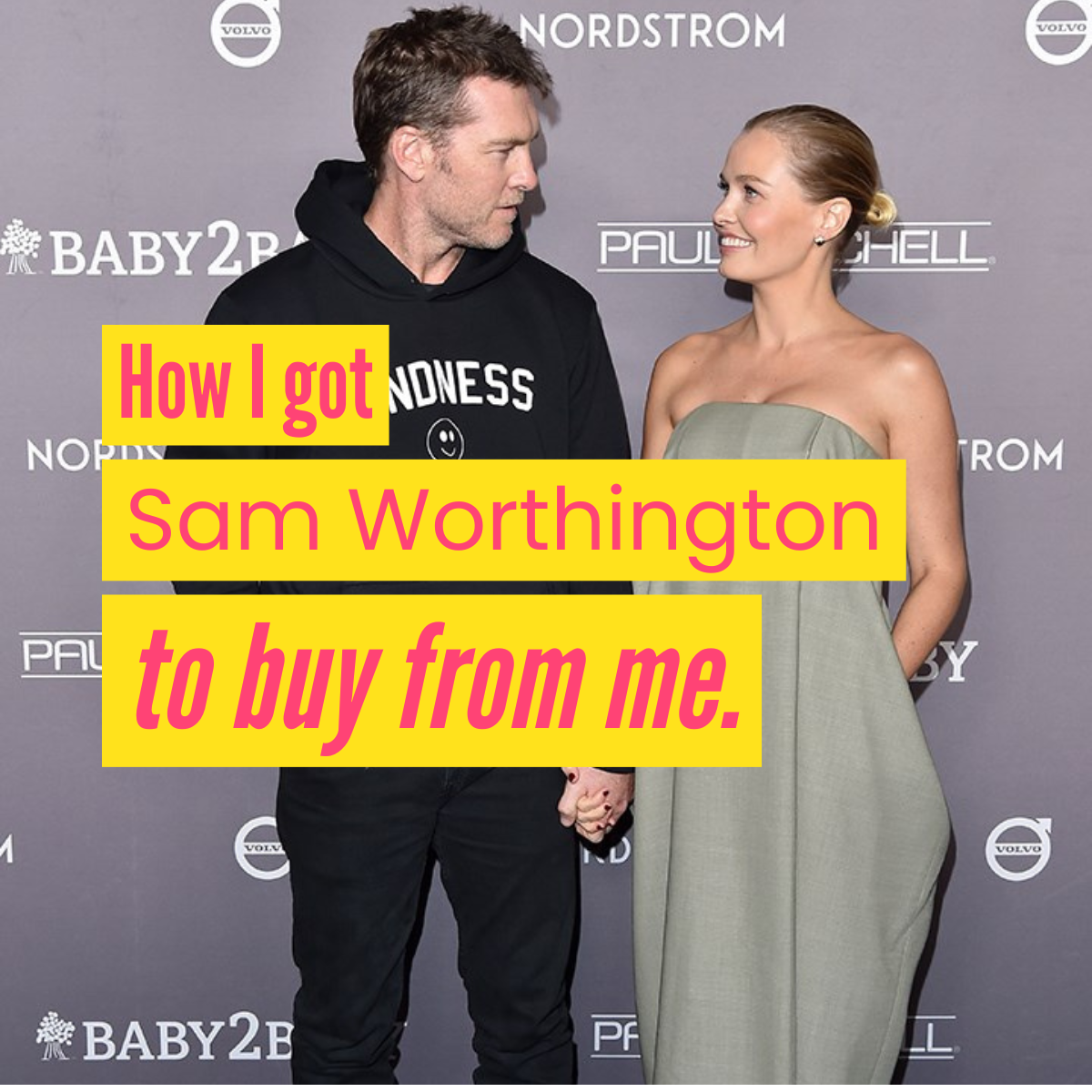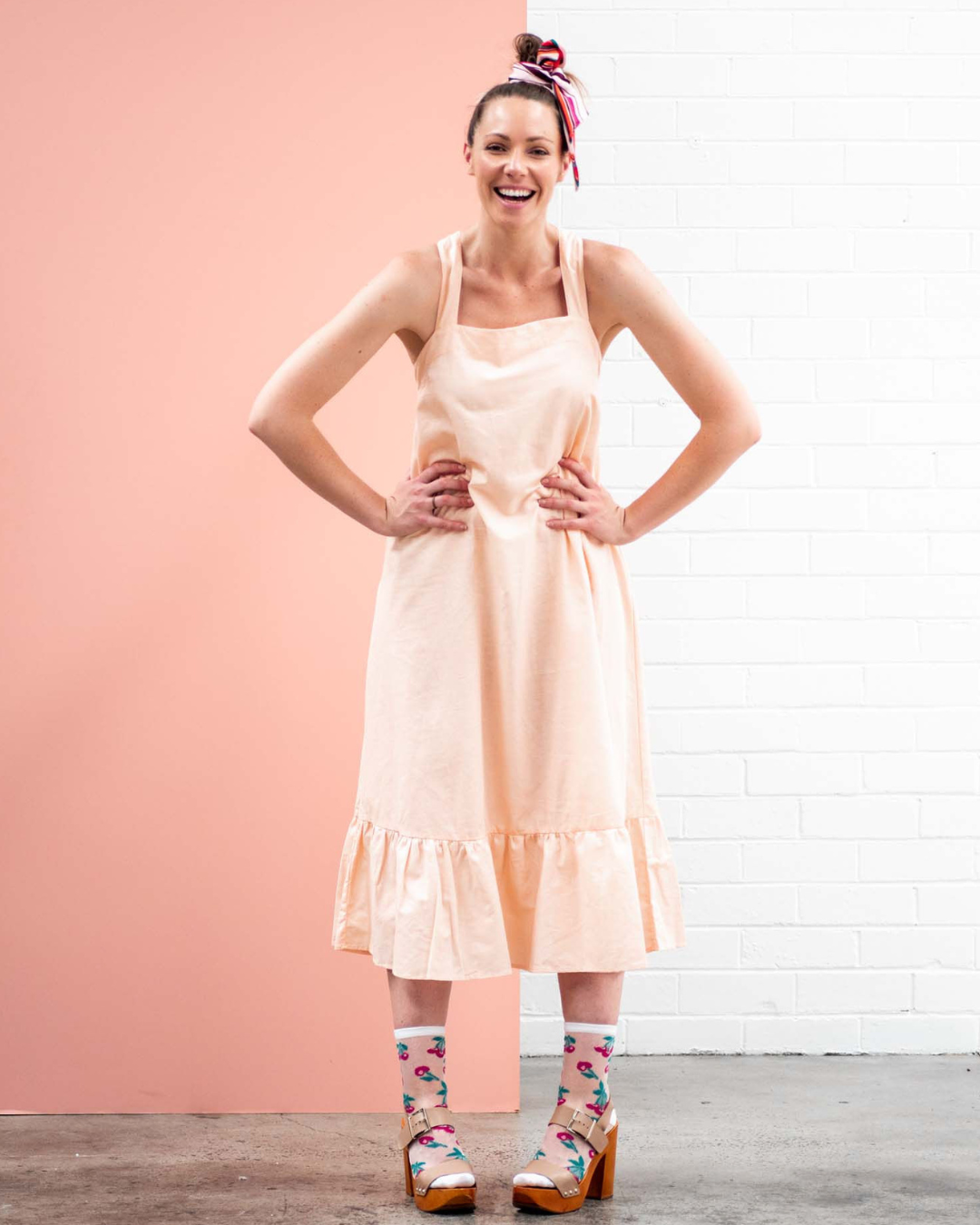Fashion begins with a single idea; it is inspired, creative, it is powerful and meaningful, but the process from this pure state of conception to that of creation, is rarely questioned.
April 24th to 30th is Fashion Revolution Week, a week that answers the questions behind clothing, and many more. Consumers all over the world are encouraged to educate themselves and ask the question, “Who made my clothes?”
2017’s Fashion Revolution Week marks the four-year anniversary of the devastating Rana Plaza collapse in Bangladesh, which is to date, the deadliest disaster in the history of the garment industry worldwide. The Institute for Global Labour and Human Rights has since revealed that this is a tragedy that could have been avoided, stating, “3,639 workers toiled in five factories housed in the Rana Plaza building producing clothing for U.S., Canadian and European clothing labels and retailers. 80 percent of the workers were young women aged 18 to 20, and their standard shift was 13 to 14 hours a day, toiling 90 to 100 hours a week with just two days off a month. Young ‘helpers’ earned 12 cents an hour, while ‘junior operators’ took home just 22 cents an hour. On Wednesday morning, April 24, 2013 at 8:00a.m, 3,639 workers refused to enter the 8-story Rana Plaza factory building because there were large and dangerous cracks in the factory walls. The owner, Sohel Rana, brought paid gang members to beat the workers, hitting them with sticks to force them into the factory. Managers of the five factories housed in Rana Plaza also told the frightened workers that if they did not return to work, there would be no money to pay them for the month of April, which meant no food for their children. They were forced into work at 8:00am, and at 8:45am, the electricity went out and the factories’ five generators kicked in. Almost immediately, the workers felt the 8-story building begin to move, a loud explosion was heard, then the building collapsed, pancaking downward.”
1,138 garment workers were killed, thousands were injured, and over 200 remain missing.
These innocent garment workers made clothes for international fast fashion brands, working long hours and days, for a wage far below a humane minimum wage, working in some of the poorest conditions in the world. After the shocking disaster of the Rana Plaza factory collapse, reforms were promised by the government, however, conditions have remained problematic, and the reports of the physical assault on those who refuse to work, are just as prevalent.
Garment workers in third world countries are undeserving of such terrible treatment, all in the name of fast fashion, but it doesn’t have to continue. We can improve conditions and standards in the garment industry by raising awareness and demanding transparency in the supply chain. You can help by participating in Fashion Revolution Week. Use the hashtag ‘#WhoMadeMyClothes’ on social media and tag your favourite brands, or write to your favourite brands directly and ask them about their working conditions and their supply chains. You can even donate so that Fashion Revolution can continue to grow as a global movement for change.
You can also make a powerful difference by participating in the slow fashion space, and by supporting local, ethical brands. Every designer stocked at The Dress Collective makes their collections locally with the promise that working conditions are both safe and ethical.
Don’t be silent. Be active, be a participator and join the global revolution for a better fashion future.
The Fashion Advocate x




